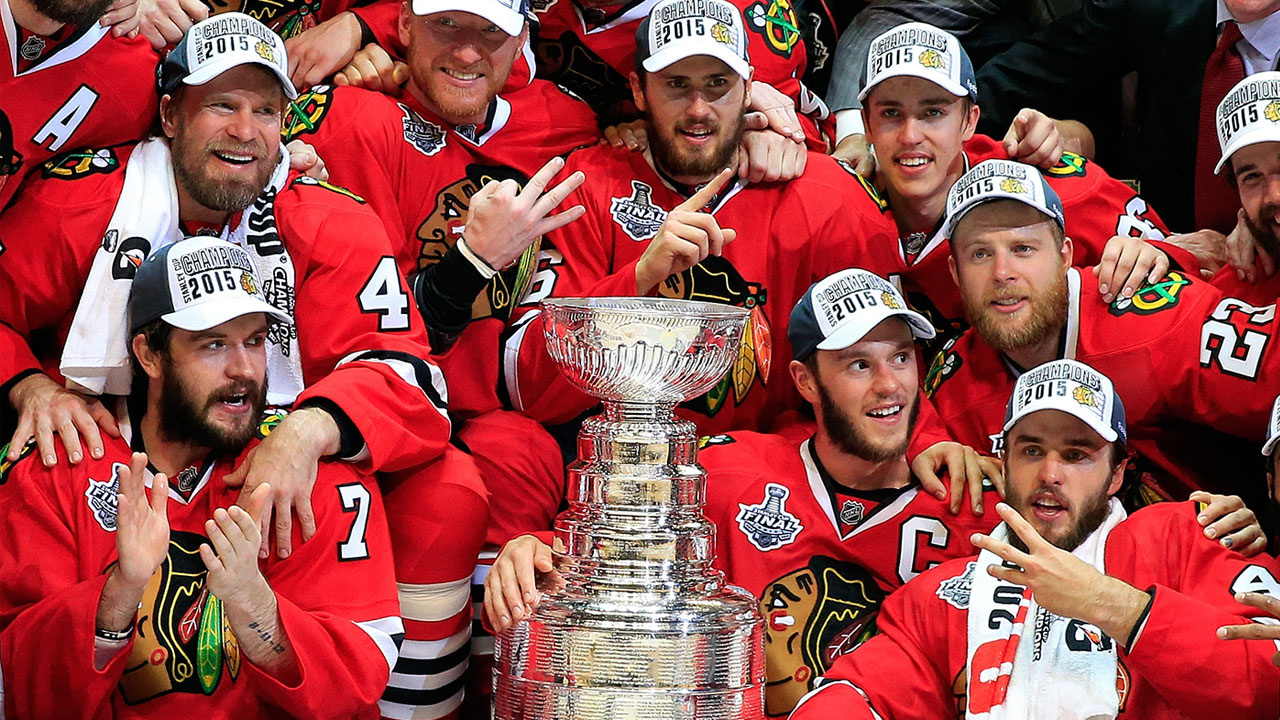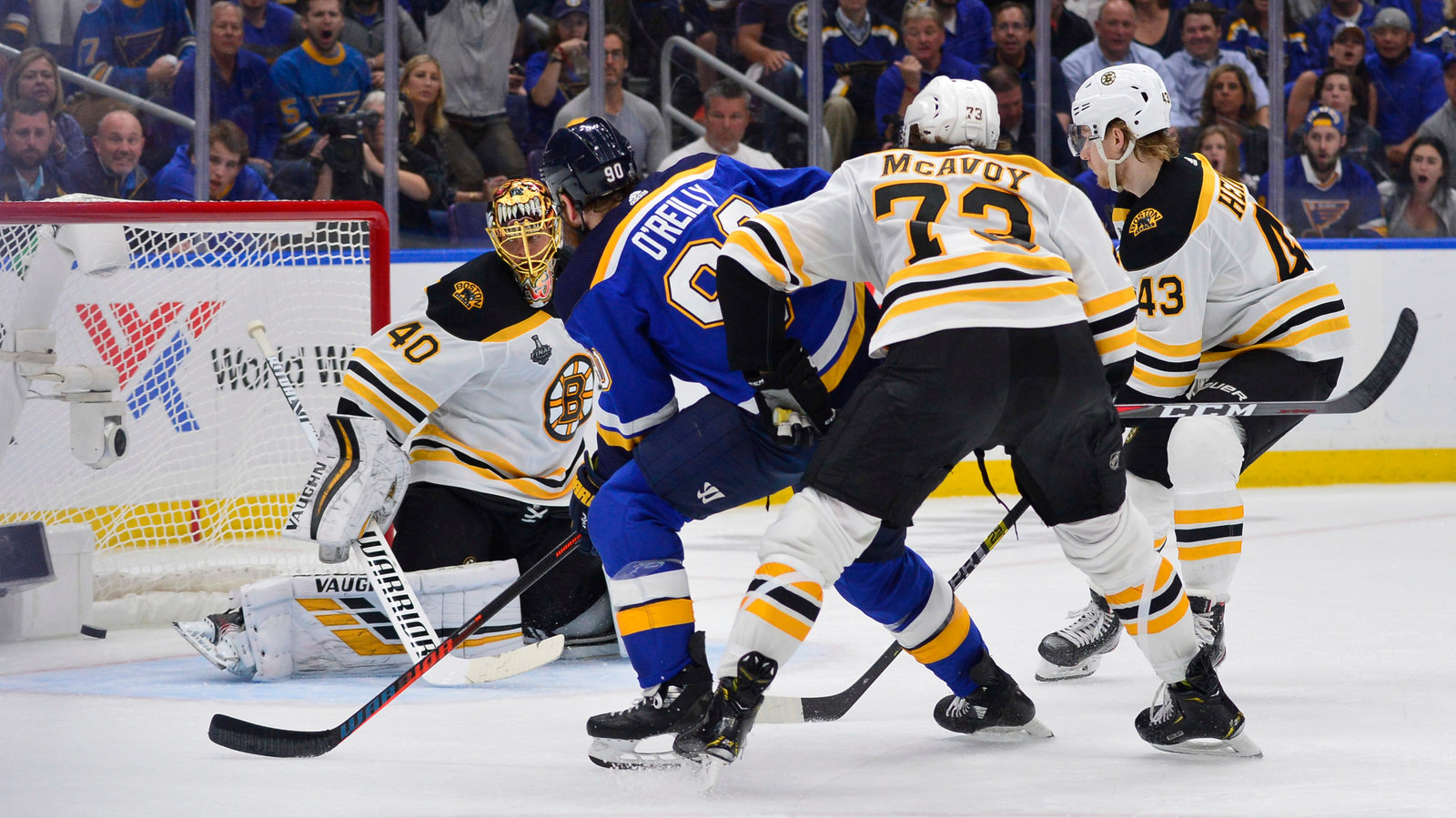Are you a hockey fan? Then you must have heard about Stanley cup championships, also called Stanley Cup Finals among various media. It is the National Hockey League’s (NHL) championships series that determines the Stanley Cup winner, which is the oldest professional sports trophy in North America.
It was originally called the Dominion Hockey Challenge Cup whose cup was donated in 1892 by the then Governor General of Canada, Lord Stanley of Peston. Initially it was a challenge trophy for top-ranking amateur ice hockey club in Canada.
Professional teams were first authorized to challenge for the Stanley Cup in 1906 and later merged to become the National Hockey League championship trophy. Learn more below.

What is the Stanley Cup Championship?
Stanley Cup Finals in ice hockey is the National Hockey League’s championship series that determine the overall winner of Stanley Cup, which is the oldest professional sports trophy in North America. National Hockey started in 1962 but the game was first ever played in 1875.
The champions of the series held onto the cup until another league’s champion issued a formal challenge and overpowered the current holders of the cup in a final game or the champions lost their title to another club.
Stanley Cup
The Stanley Cup was first called the Dominion Hockey Challenge and was donated in 1892 by the Governor General of Canada, Lord Stanley of Preston. Initially, it was called the ‘challenge trophy’ for the top-ranking amateur ice hockey club in Canada. Professional teams became eligible to compete for this Stanley Cup in 1906.
In 1915, the Stanley Cup was held between the National Hockey Association Champion and the Pacific Coast Hockey Association Champion. After multiple mergers and folds, the Stanley Cup became the National Hockey League championship trophy in 1926.
The championship round of the NHL’s playoffs is the best-of-seven series between the Western and Eastern conferences champions. Consequently, Eastern Champions have won 18 times while the Western champions have won 20 times.
History
Stanley Cup was first given in 1893 to the Montreal Hockey Club when it won the 1893 AHAC season. The champions then had to defend their champion-title through challenge games and league championships that were organized by Stanley Cup trustees.
These challenges were taking place before or during the season, until 1912. After, trustees ordered that challenges take place only after all league games were completed.
The last challenge was in 1914 and was the inauguration of the first ‘world series’ of ice hockey. It was a series between the league champion Toronto Hockey Club of the NHA, the Victoria Aristocrats and the Stanley Cup.
These series were pre-arranged between the two leagues before the season after post-season exhibitions in their previous seasons. Its inaugural series was held in the NHA champion city and the latter alternates annually following the series.

Recent Winning Teams
The Stanley Cup has been played since 1914 to date and Montreal Canadiens have won the Stanley Cup the most winning 24 times. It has held the cup titles more times than the other teams.
The most recent teams to win the trophy include St. Louis Blues (2019), Washington Capitals (2018), Pittsburgh Penguins (2017 and 2016), Chicago Blackhawks (2015), Los Angeles (2014), Chicago Blackhawks (2013) etc. Find more teams here.
Final Thoughts
Stanley Cup Championships have been held since 1914 to date and its trophy was first awarded in the 1893-93 season. The team that won the most times is Montreal Canadiens that have won it 24 times.
Stanley Cup is the trophy that is awarded to the champions of World’s ice Hockey championship, an event that takes place annually which culminates the National Hockey League. It is the oldest trophy won by North America’s professional Athletes.







